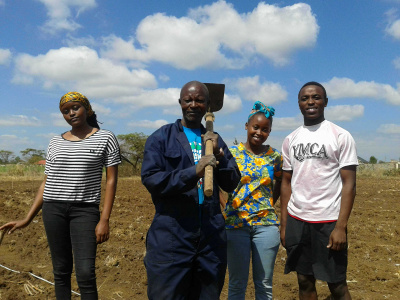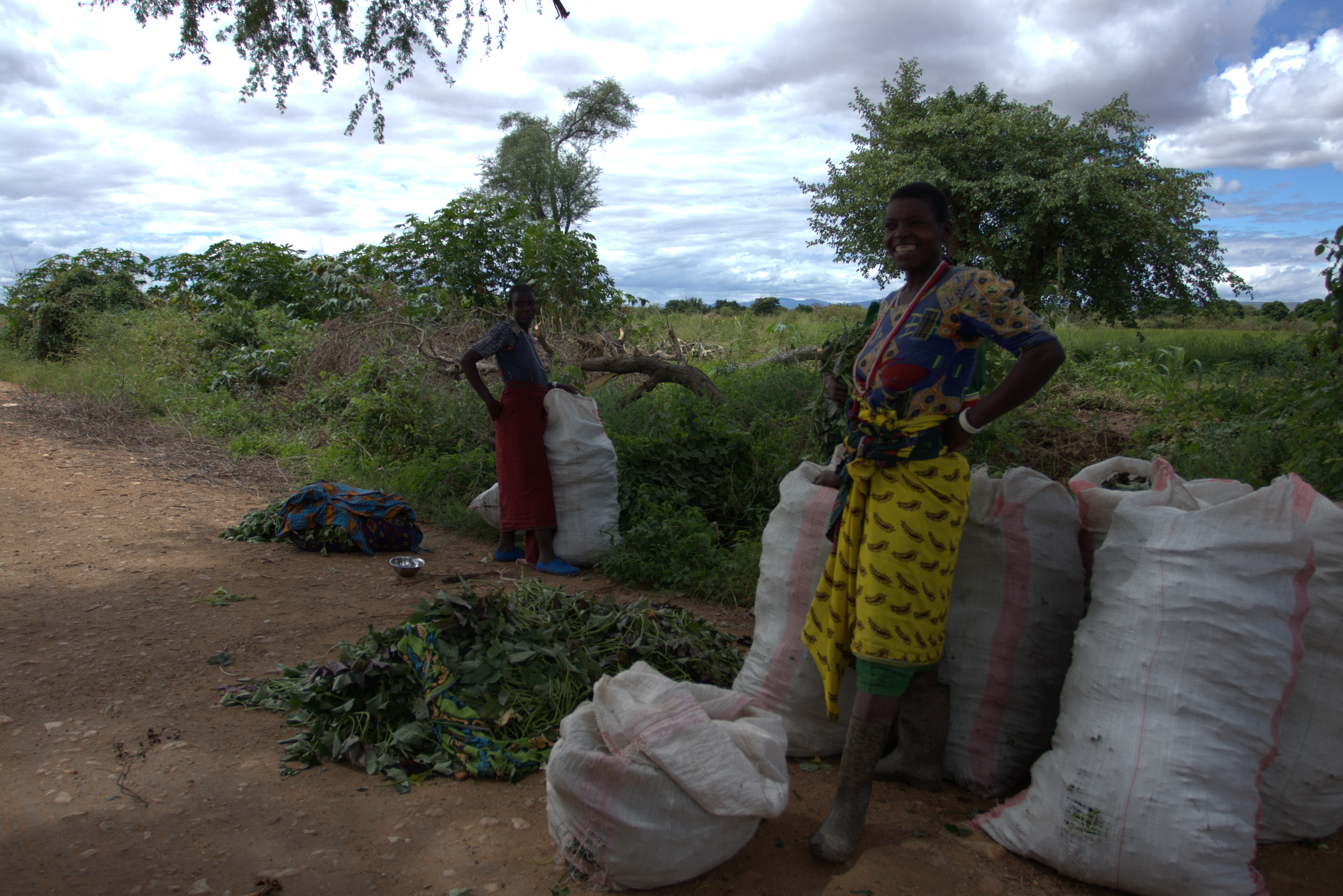
Sustainable food systems through diversification and indigenous vegetables: An analysis of the southern Nakuru County
The performance of the food system in the southern Nakuru County is currently poor in terms of economic, social and environmental sustainability. The booming flower and vegetable export sectors and the strong market position of a few staple crops leave little room and incentives for smallholders to invest in improved and more diversified production and productivity.
Summary
Deforestation and decreasing soil and water quality due to intensive production systems and large commercial farms have a visible impact on the environment. Our multidisciplinary research shows that the weaknesses of the three types of sustainability reinforce one another, making economic, social and environmental threats interconnected.
One way to improve the sustainability of the local food system is diversification, starting with better integrating indigenous vegetables, such as spider plant or black nightshade, into the food system. These hold many benefits: they are nutritious, require low natural resources and farming inputs, and can contribute to climate resilience.
But how feasible is the transition to a more sustainable food system in Nakuru? The importance of diversified systems is already reflected in a number of policies, but implementation is poor. Local institutions such as farmers’ organisations that could stimulate a more diversified food system are very weak, and governance bottlenecks create a particular ‘system bias’ against indigenous vegetables.
However, a number of entry-points for change exist in the food system. The Ministry of Agriculture could issue a regulation for blending maize and indigenous crop flours, which would lead to more demand and production for indigenous vegetables. Other options include improving the legislative framework to favour indigenous vegetables’ seeds. Creating a multi-dimensional sustainability label for indigenous vegetables to draw consumers’ awareness is another promising pathway to support a transition from export-oriented monocultural agri-landscapes towards a more diversified food economy primarily targeting Kenyan markets.





